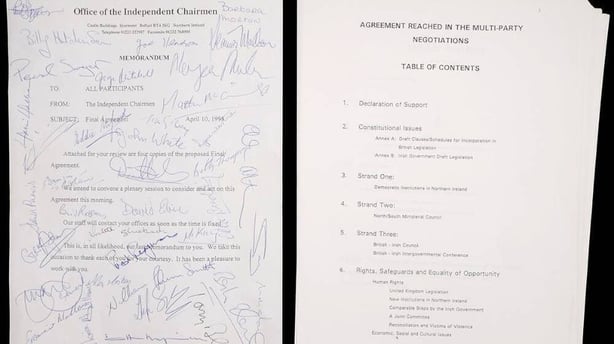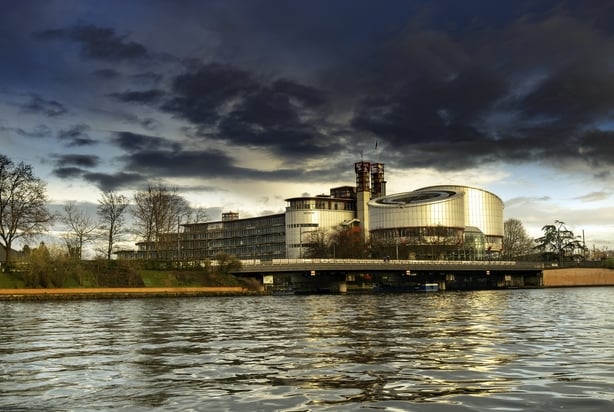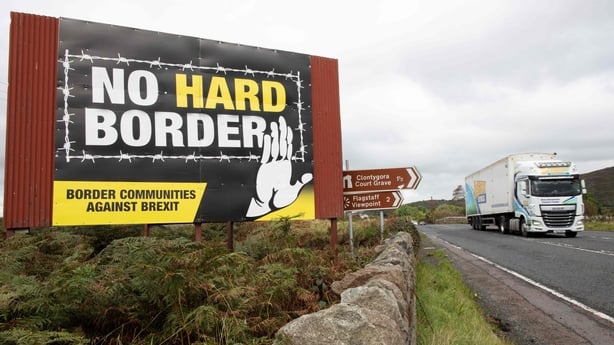The Good Friday Agreement enshrined a commitment to protecting human rights and created obligations on the British and Irish governments in international law, as Christopher McCrudden explains.
The Belfast-Good Friday Agreement was a basis for ensuring no return to the breaches of human rights and equality norms that scarred Northern Ireland’s past and contributed to the onset of the 'Troubles’. Securing guarantees for these rights was a cornerstone of the 1998 Agreement, and the basis for continued peace on the island of Ireland. The 1998 Agreement remains the standard against which the extent of formal protection of human rights in Northern Ireland is measured, as well as one of the key, legally-binding, international agreements that includes human rights protections applying in Northern Ireland.

The 1998 Agreement’s human rights chapter (entitled ‘Rights, Safeguards and Equality of Opportunity’) committed the Irish and UK Governments and the political parties participating in the Agreement to a diverse range of obligations relating to Northern Ireland: to protect certain specified rights in the future, such as freedom of religion and non-discrimination, in addition to the protection of ‘civil rights’ in general. Until Brexit, this provision has long been seen as primarily aspirational rather than legally binding.
Legal Obligations
Other provisions were clearly intended to create legal obligations on the UK: to provide that the European Convention on Human Rights would be incorporated into the domestic law of Northern Ireland, providing domestic remedies for breaches of the ECHR; to implement agreed standards for new equality legislation, in particular a new public sector equality duty; to provide for new human rights institutions in Northern Ireland, including the Equality Commission for Northern Ireland and the Northern Ireland Human Rights Commission; and to require the NIHRC to report on the scope for establishing a Northern Ireland-specific Bill of Rights additional to the ECHR. Other parts of the Agreement ensured that human rights would be embedded within a reformed police force.

As well as acting as a guarantor of the Agreement in general, the Irish Government also agreed to commit to several obligations in the human rights field in its jurisdiction: to ensure an equivalent level of human rights protection in Ireland to that in Northern Ireland, and to provide for a joint committee of the Northern Ireland and Irish Human Rights Commissions to consider issues of mutual interest, including in particular a possible charter of human rights for the island of Ireland as a whole.
Obligations?
In these respects, the Agreement created obligations on the two governments in international law, but the Agreement did not itself directly create binding legal obligations in the law of Northern Ireland. Even as regards the legal obligations arising in international law, no international legal methods of dispute settlement or enforcement were provided for. For the most part, the international legal obligations were intentionally left unenforceable, trusting that these obligations would be operated in good faith by the two governments.
The bulk of the UK Government’s commitments applying to Northern Ireland were implemented in domestic law by way of the Northern Ireland Act 1998 (an Act of the United Kingdom Parliament), supplemented by more specific pieces of legislation applying to Northern Ireland such as the Fair Employment and Treatment Order 1998.
Other commitments were partly implemented in legislation applying to the United Kingdom as a whole, in particular the Human Rights Act 1998. In some respects, European Union law also provided an important, and gradually expanding, underpinning of some of the 1998 Agreement commitments until the UK left the European Union.
Brexit and the Agreement
When a majority of voters in the United Kingdom voted in a referendum to leave the European Union, these voters had significant different reasons for doing so. The ‘leave’ campaign had been notoriously vague in what would follow after a vote to leave, and little thought had been given to the impact on Northern Ireland, including the effect of leaving the EU on the Belfast-Good Friday Agreement in general, let alone its specific provisions on human rights and equality. The provisions of the Ireland-Northern Ireland Protocol (in particular Article 2) addressed the effect of Brexit on human rights and equality.

The approach taken in the Protocol is to ‘ensure that no diminution of rights, safeguards and equality of opportunity as set out’ in that part of the 1998 Agreement entitled Rights, Safeguards and Equality of Opportunity, results from the UK’s exit from the EU. The UK is obliged to achieve the same results as these EU measures did, in so far as they provided a supportive framework for a specific right set out in the 1998 Agreement. These provisions of the Agreement are now guaranteed by the EU as part of its agreement with the UK.
Perhaps ironically, the provisions of the Agreement (in particular the list of aspirational rights) that were thought to be least enforceable have now become the centre piece of the enforceable provisions of the Protocol, enforceable in both international and domestic law.
The two part documentary series The Agreement airs on RTE One on April 3rd at 9.35pm and on April 4th at 10.15pm.
This article is part of a collection marking the 25th Anniversary of the Belfast/Good Friday Agreement coordinated by Queen's University Belfast. Its contents do not represent or reflect the views of RTÉ.












































